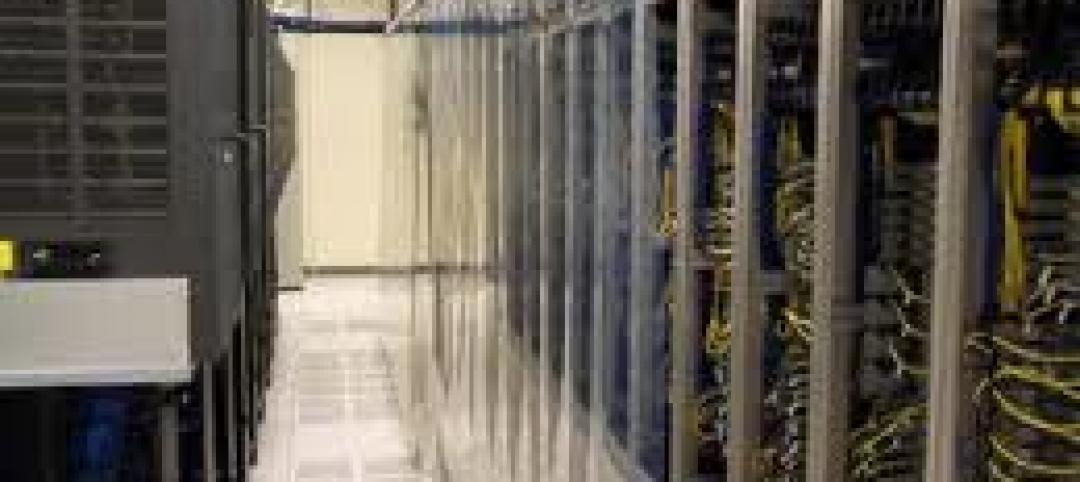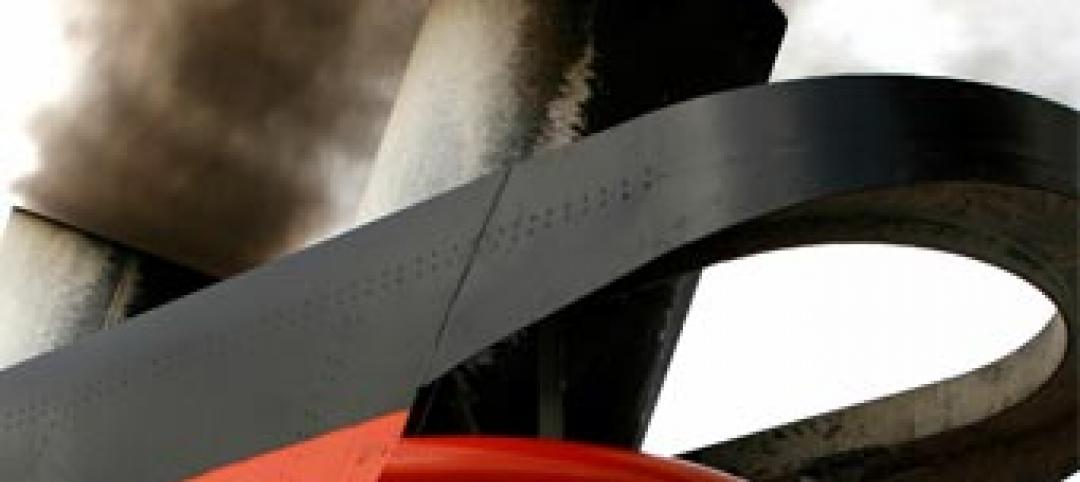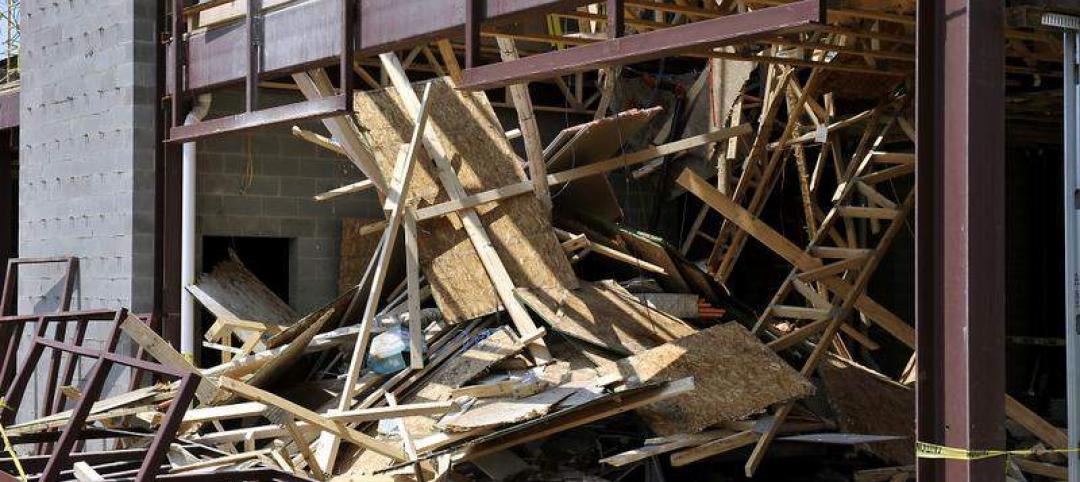Widespread power outages in Texas during a severe cold blast have caused some to question whether banning fossil fuels from new buildings makes sense.
Most homes with gas space heating went cold because most gas-powered heating systems require electricity to operate. But, after the lights went out, gas stoves allowed residents to boil water and cook food while electric appliances were useless.
The reductions in carbon emissions resulting from all-electric buildings supplied by clean power sources are still compelling, and there are ways to make the grid and individual buildings more resilient to power outages. For instance, attaching a small battery backup to a gas heating system enables it to run when the grid fails.
Solar panels with battery storage could also keep both electric stoves and electric heating systems running during grid outages. Batteries in electric vehicles could someday be tapped as a source of backup energy.
There are strategies that can make the grid more resilient, as well. Texas could winterize its electrical system, for starters. Also, microgrids at the building-level or community-level can generate and store their own electricity, relieving pressure on the grid, and may be able to continue providing power during regional outages.
Related Stories
| Sep 26, 2012
Automatic budget cuts in January would slash federal agencies' construction budgets
Sequestration, or the implementation of automatic budget cuts as of January 2013, would slash government agencies' already reduced construction budgets further, and require agencies to shelve some repair and maintenance projects.
| Sep 26, 2012
Investment in greener data centers to reach $45 billion by 2016
Investment in data centers built to green standards will increase from the $17.1 billion predicted for this year to $45 billion by 2016, according to Pike Research.
| Sep 26, 2012
OSHA fines on fall-protection violations challenged by New York contractor
A New York masonry contractor is contesting an OccupationalSafety and Health Administration $136,290 fine for violations of fall-protection standards.a
| Sep 26, 2012
Construction workplace deaths decline nearly 7% in 2011
There were 721 construction-workplace deaths in 2011, according to the Bureau of Labor Statistics, down 6.8% from 2010.
| Sep 26, 2012
Contractors save $9 billion due to revised California emissions rule
The California Air Resources Board made changes to a rule limiting off-road diesel emissions that could result in contractors saving about $9 billion.
| Sep 20, 2012
Smithtown, N.Y. considers bigger fines for building code violations
After a Suffolk County grand jury recommended stiffer fines for illegal demolitions, Smithtown, NY officials are weighing tougher penalties for developers who violate the town building code.
| Sep 20, 2012
AGC awarded federal grant to provide fall-protection safety program
The Associated General Contractors of America will continue to provide fall protection safety training next year after being awarded a federal safety grant.
| Sep 20, 2012
East Lansing officials accused of ignoring unauthorized project that led to partial building collapse
The unauthorized construction of a fifth-floor penthouse on a downtown East Lansing, Mich. mixed-use development led to a partial building collapse earlier this year.
| Sep 20, 2012
Reflective roofs could reduce rainfall in Arizona
Green standards may have to take into account the impact of reflective roofs on rainfall in the desert Southwest.
| Sep 20, 2012
Earth Advantage Institute offers green certification for small commercial buildings
Earth Advantage Institute announced a new green building certification aimed at new or substantially remodeled small commercial buildings built to green standards.

















